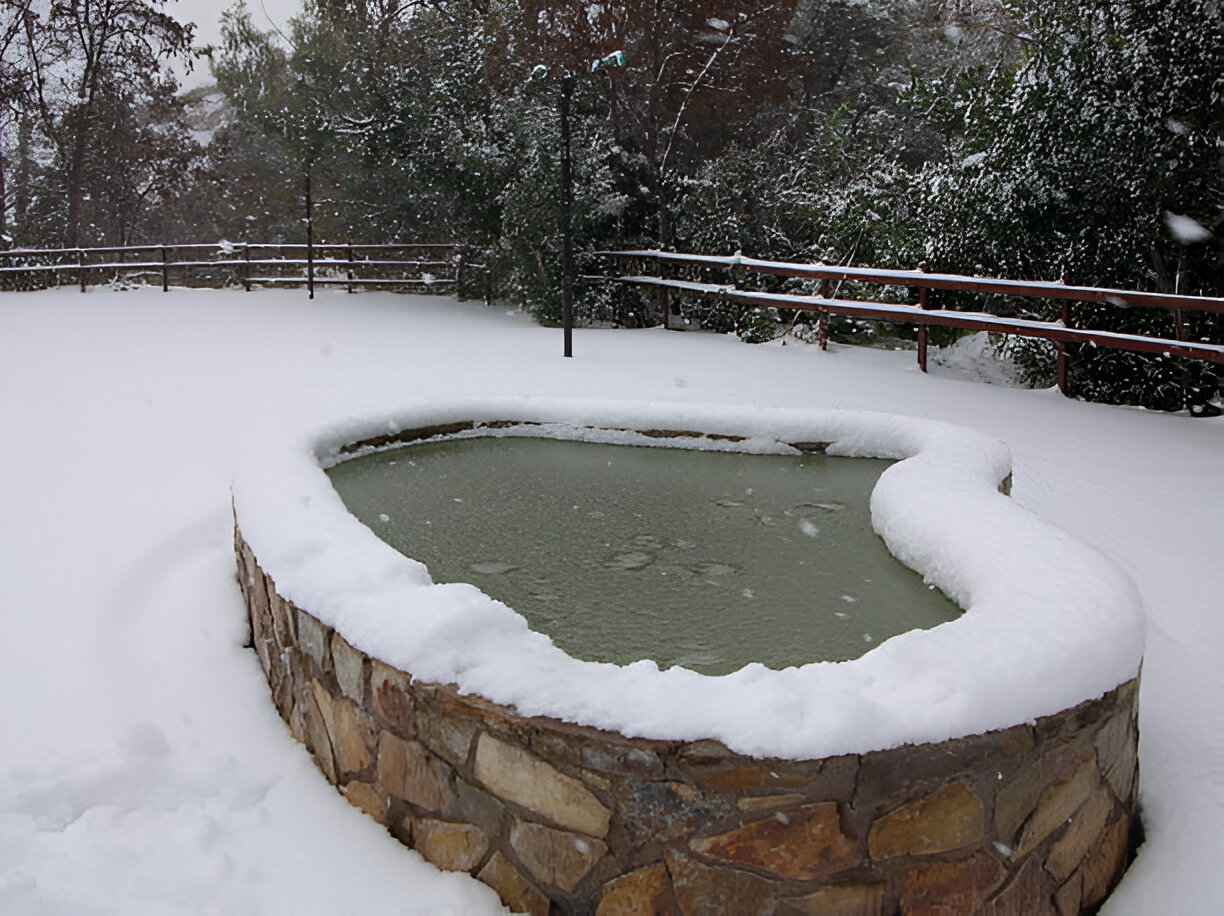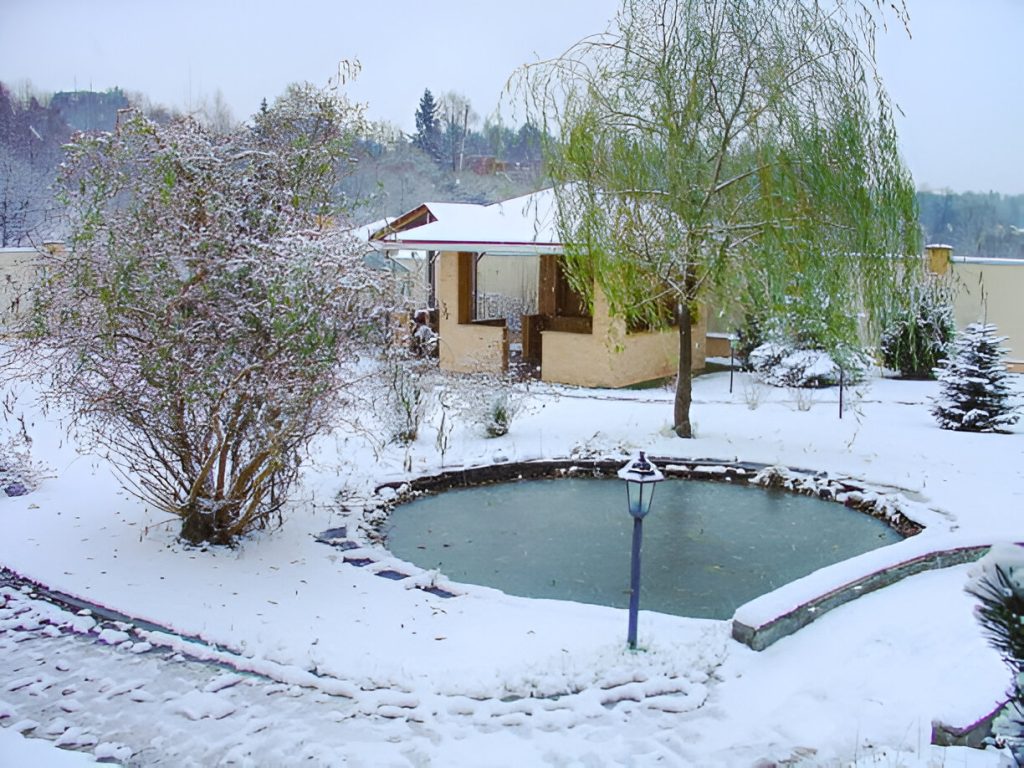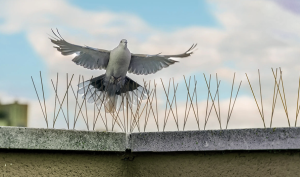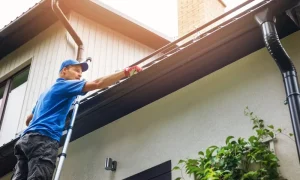Winter transforms your koi pond into a frosty wonderland, but beneath the serene surface, your fish and equipment need extra care to survive the cold. Your pond maintenance activities should continue without interruption even though the koi fishes reduce their activity. Proper steps will maintain your pond health while supporting your fish through the coming spring season.
An appropriate aeration system remains among the essential winter equipment. Evolution Aqua air pumps provide consistent oxygen flow, preventing dangerous gas buildup under the ice. That Pond Guy, a trusted expert in pond care, always reminds pond owners that winter prep is not just about survival—it is about setting up for a thriving spring.
Adjusting Water Levels for Safety
As temperatures drop, lowering your pond’s water level by about a foot reduces pressure on the liner and minimizes ice damage. Use a submersible pump to siphon off excess water gradually, ensuring your fish still have enough depth to stay insulated.
Oxygen Is a Lifeline
Stagnant, frozen water can suffocate fish. An aerator keeps water moving, while a de-icer maintains a small ice-free opening for gas exchange. Position these near filters or pumps to maximize circulation.
Test Water Like a Pro
Even in winter, water quality matters. Test pH, ammonia, and nitrate levels monthly. If levels spike, adjust with cold-water treatments—but avoid drastic changes that could shock your fish.
Winterize Your Filtration System
Your filter needs special attention:
- Biological filters: Reduce flow to slow bacterial activity. Clean gently to preserve beneficial bacteria.
- Mechanical filters: Remove debris completely and store in a frost-free spot if not in use.

Feeding for the Cold
Koi’s metabolism slows in winter, so overfeeding pollutes the water. Switch to a low-protein winter formula and feed only 1-2 times per week—only if water temps are above 50°F (10°C).
Ice Management Without Stress
Never smash ice—it can harm fish.
Instead:
- Use a floating de-icer to maintain a small opening.
- Try a pond-safe ice melt if needed, but follow dosage carefully.
Tend to Your Plants
Trim dead foliage from hardy lilies and remove tropical varieties entirely. Decaying plants release toxins, so keep the pond clean.
Inspect Regularly
Check for leaks, debris, or signs of algae weekly. Skim leaves and clear snow from the surface to maintain light penetration.
Consider a Pond Cover
A well-fitted cover reduces heat loss and debris buildup. Choose a breathable, durable material that won’t collapse under snow.
Prep for Spring in Advance
As winter wanes, clean filters, inspect equipment, and gradually reintroduce regular feeding. A smooth transition ensures your pond rebounds quickly.
Final Tip: Watch Your Koi Closely
Healthy koi will hover near the bottom, moving slowly. You must immediately verify oxygen levels when you observe gasping or erratic behaviour from a koi at the water’s surface.
Winter maintenance for your koi pond requires more than basic survival actions since it ensures their maximum potential from winter through year-end. That Pond Guy often says, “A little effort now means a vibrant pond later.” With these steps, you will keep your aquatic haven pristine, no matter how harsh the winter gets.




